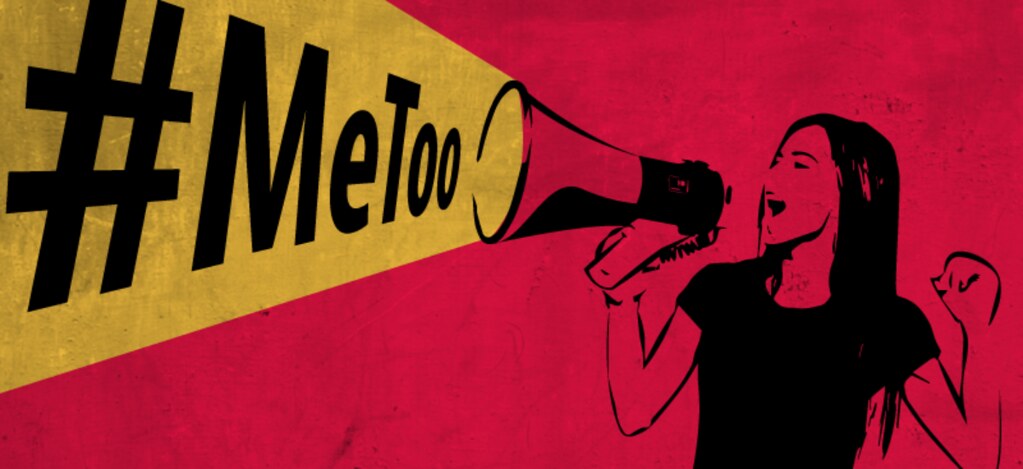How Amateur and Pro Athletes Experience #MeToo
There has been a noticeable and very important change regarding society’s perception on sexual assault and harassment. For many, the natural inclination towards sexual assault victims was to blame them for the events that took place, while the perpetrator was tolerated in society. The #MeToo movement has changed that.
In this second in a series of articles dealing with #MeToo, Spraggs articling student Jina Dhillon explores how athletes experience sexual assault and harassment.
#MeToo and Amateur and Professional Athletes
It did not take long for a gymnast to learn that some coaches and adults created what Valorie Kondos field, the head coach of the women’s team at UCLA, called a ‘culture of abuse.’ The former American gymnastics and Michigan State University doctor, Lawrence (“Larry”) G. Nassar, was sentenced to a lifetime in prison for molesting girls as young as six years old, under the appearance of medical treatment. Statements by hundreds of women were made, some coming forward only after hearing teammates share their stories.
In a 2018 New York Times article named “The #MeToo Moment: For U.S. Gymnasts, Why Did Justice Take So Long” by Carla Correa, it was stated that in the Michigan Courtroom, the Assistance Attorney General, Angela Povilaitis, commented: “We teach our girls and daughters to be too nice. To just ignore and put up with uncomfortable situations, to stay silent when they should be allowed to be heard.”
The women of gymnastics are no longer quiet. Investigations into the University, USA Gymnastics, the US Olympic Committee and into the 2012 Olympic coach, John Geddert, are being directed. Simone Biles, the latest athlete to say she was sexually abused by former USA Gymnastics team doctor, Larry Nassar, lit up the RIO 2016 Olympics as she won four gold medals, proclaiming that the horrific experience does not define her.
Similarly, the Canadian Women’s Soccer whitecaps team brought forward sexual harassment allegations made against a coach. Ciara McCormack, a former Whitecaps player, claims abuse by former coach Bob Birarda, relating to inappropriate behaviour. Ciara wrote about her personal experience in a blog post on February 25, 2019. Some of the allegations include but are not limited to, a coach “rubbing a player’s thigh and sending players sexual text messages.”[1] These allegations resurfaced when a statement was released condemning the Whitecaps and the Canadian Soccer Association for mishandling the allegations. The statement recommends “coaches who have behaved inappropriately with players or who demonstrate a pattern of abusive behaviour should not be allowed to retain their coaching licenses.”[2]
In the context of the #MeToo movement, women are taking control of who they are. The persona of creating a culture where domestic violent offenders are able to thrive, and women are afraid to report their concerns is exactly the image female athletes with to destroy. It’s a struggle voicing traumatic experiences of what is considered to be the epitome of bullying however, woman who have come forward are starting to realize that their stories are worth it.
Be sure to read Ciara McCormack’s initial blog post about her experience.
Questions About British Columbia’s Laws?
Do you have any questions for the team at Spraggs? We’d love to hear from you. And, as always, if you have any questions about workplace law, be sure to contact one of our employment lawyers in Vancouver.
Notes
[1]J.J. Adams, “Whitecaps alert police as allegations mount against former women’s coach” The Province, (4 April 2019), online: <https://theprovince.com/sports/soccer/whitecaps-seek-police-guidance-as-allegations-mount-against-former-womens-coach>.
[2] Crawford, Robyn & Azpiri, Jon, “Vancouver Whitecaps contact police amid allegations of harassment, bullying by former women’s coach” Global News (3 April 2019), online:
<https://globalnews.ca/news/5128240/vancouver-whitecaps-coach-allegations/>.
